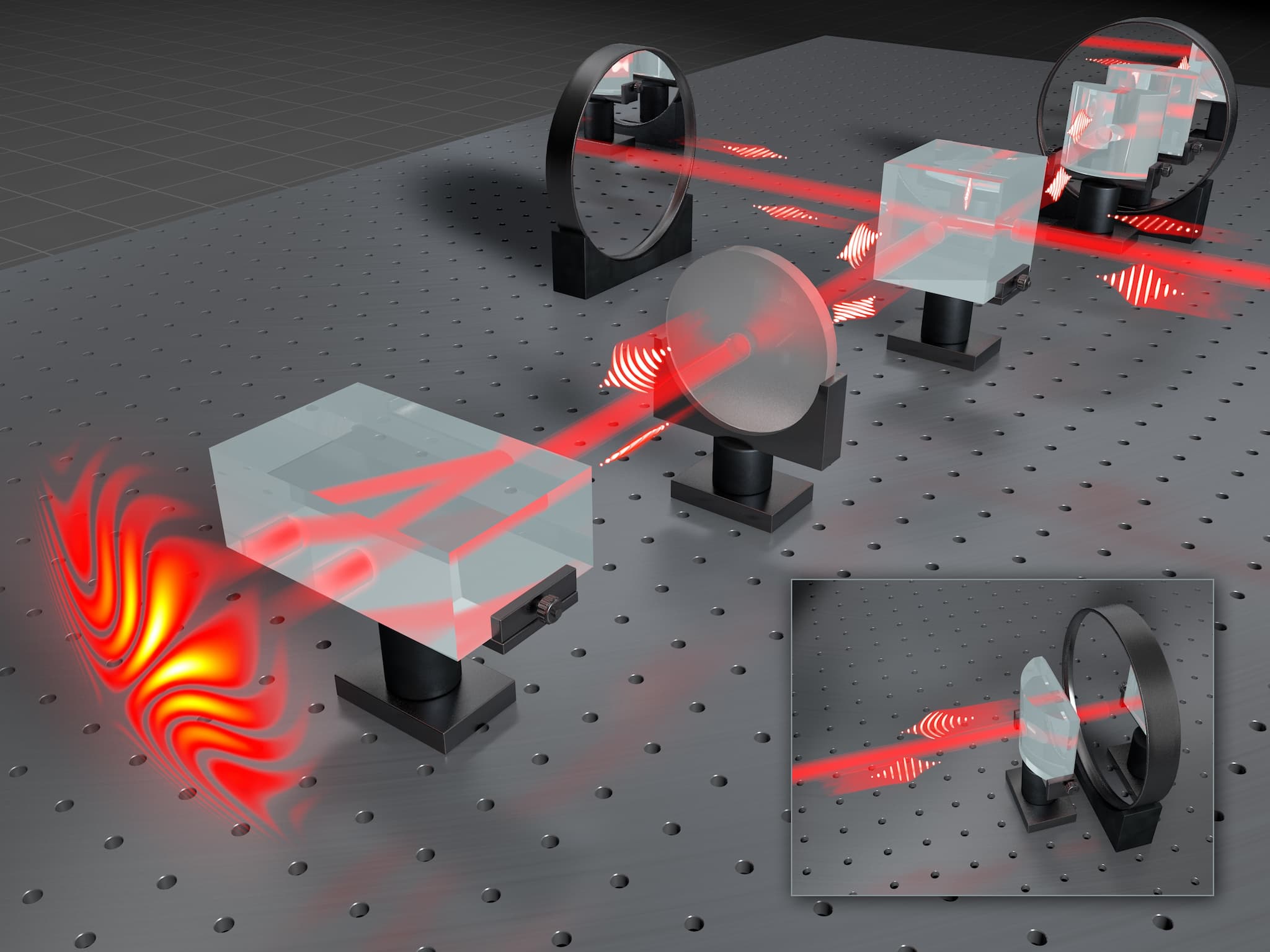A Better Photon Converter
Creating usable quantum computers is one of the greater technical challenges facing the world today. While a quantum system would allow us to create machines with greater processing capabilities, scientists not only have to straighten out the complex quantum physics that will power the computers, they have to create the tools needed to exploit that power as well. Now, one of the bigger engineering hurdles on the path to quantum computers may have just been passed as new research published in Nature Photonics out of the University of Warsaw and the University of Oxford details a device that can modify the existing properties of individual photons to be used in quantum computers.
The current way of manipulating single photons involves making those photons interact with a very strong optical pump beam. Unfortunately, that process can contaminate the stream of photons in the light beam, and it doesn't always modify the photon that is being targeted.
The new method uses the electro-optic effect occurring in some crystals. By changing the intensity of an external magnetic field being applied to the crystal, the researchers can change the index of refraction for light in it, which eliminates the need to add any new photons into the mix. "It is quite astounding that in order to modify the quantum properties of individual photons, we can successfully apply techniques very similar to those used in standard fiber-optic telecommunications," one of the study's authors, Dr. Michal Karpinski, told Phys.org.
This method and the device the researchers made to carry it out offer several advantages over existing systems. It has an efficiency of 30 percent (nearly 200 times better than current methods), the device can be contained in a 10 cm (4 in) box (ideal for use in an optical fiber system), and it produces little noise.
Bridging Differences
One of the main challenges of developing a quantum internet is creating networks that can work with many different kinds of quantum computers. Existing quantum systems utilize different mediums and light properties. This converter would allow those systems to work with one another.
Quantum computers will eventually be faster and more powerful than the computers we currently have. They will allow us to work with even bigger data sets, like those used in studying DNA and the human genome. They may also end up powering the AI-based systems of tomorrow.
However, to get there we have to pass many scientific and technical hurdles. We are still learning about the complexities of the quantum world, so creating devices that effectively exploit and manipulate that world will take some time.
Share This Article
